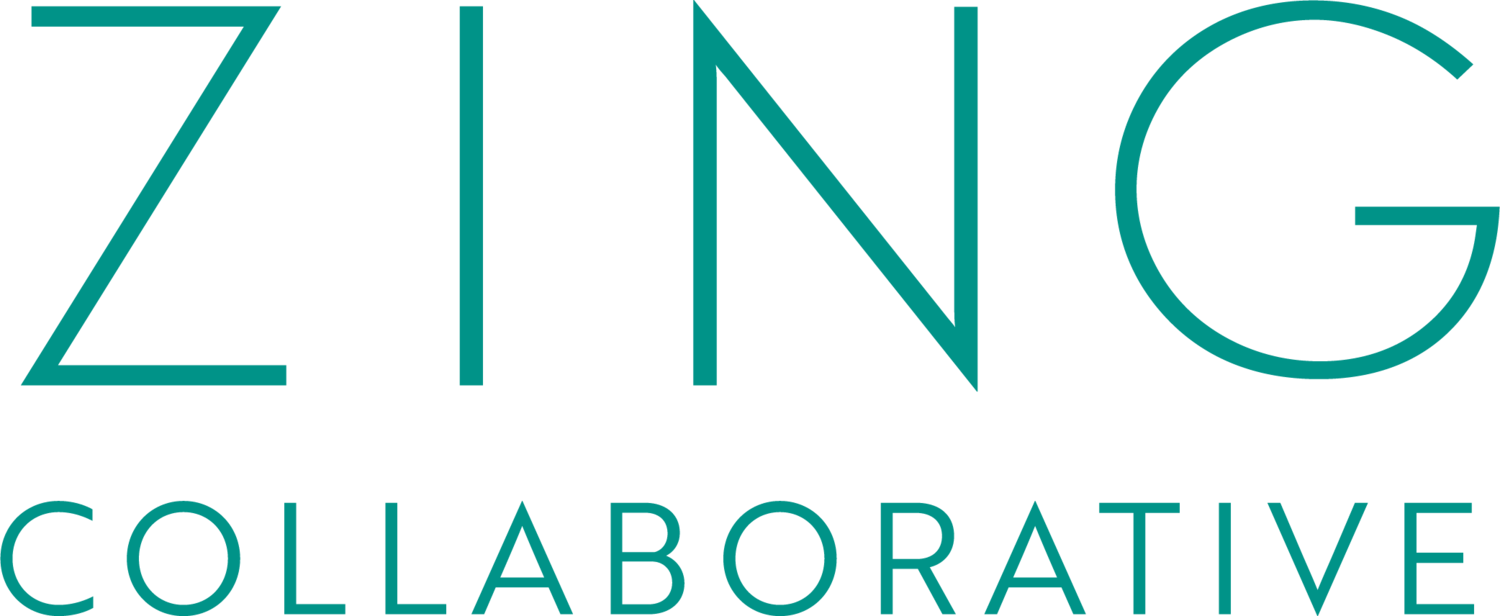VALUES WITHIN A CONTEXT
If we have worked together, there is a good chance that at some point, we have explored the concept of values.
Values are the things that matter most. They are what we find important. Values are more than beliefs of philosophies; they are choices and actions. If we are curious about what we value, we can look at how we spend our time, our money, and our energy. Hopefully, we will feel a sense of alignment between what we say we value, and what we do each day.
Today, we are going to explore another dimension of values: Values within a Context.
While it is possible to get clear on our values and live these values each day, we sometimes run into challenges if the values of our greater context feel misaligned with the values that we hold within ourselves.
For example, we might discover that if our company pursues growth and revenue above all else, the strategies used to pursue these goals may bump up against our personal values of relationships, or people-first.
We might discover that the value of our homeowner association related to beauty, expressed through high standards for what a yard needs to look like, and minimum numbers of plantings each year, bumps up against our personal value of inclusion.
And, we might discover that the values of our city or geographic community related to definitions of safety, expressed through ongoing mandates and restrictions, conflict with our personal values of autonomy and freedom.
When we feel tension within ourselves (Should I stay or should I go? Should I live here or should I move? Should I stay on the board another year or should I depart?), oftentimes it is due to a values conflict—specifically, a conflict between our own values and the values of the context that we are in.
We can explore this within our own sphere by writing down the following.
What are my own values?
What are the values of the different communities and contexts that I am part of?
Are there any points of severe misalignment? And, if so, what is the impact?
There will almost always be some points of misalignment between our own values and the values of the contexts that we’re in. It is healthy to put ourselves in situations that involve multiple perspectives, multiple points of view, and even multiple sets of values—and to be able to talk openly about what these are, and why we each believe the things that we do.
That said, things may start to feel painful when it no longer feels safe to be who we are within this given context. If we find that it doesn’t feel safe to speak freely, or that we have to hide or diminish parts of ourselves to feel accepted, this is often when we start to feel a fracture within ourselves. We may feel that we are acting out of integrity to ourselves, in order to fit in at work, in our neighborhood, or even in our city or community.
If you are navigating a conflict along these lines—a clash between your own values and the values of one of the external contexts that you’re in, after completing the exercise above, here are a few questions to consider.
What jumps out to me from the exercise above?
What, if any, severe areas of misalignment exist?
What is the smallest possible step I can take to remedy this misalignment? (For example: if you feel a misalignment within your neighborhood or community, rather than moving as a first step, could you seek out and connect with one other community member who shares your values, or with whom it feels safe to express your perspectives?)
What do you think? Are there any areas of values misalignment that you are navigating within your own work or life? If so, feel free to drop me a note and let me know.
Thank you for reading!
Warmly,
Sarah

